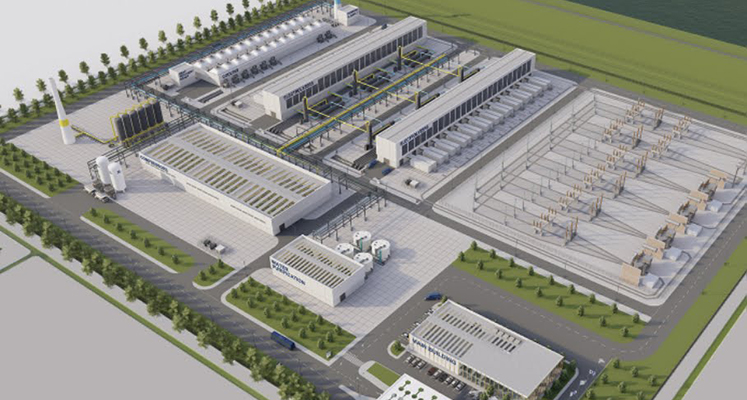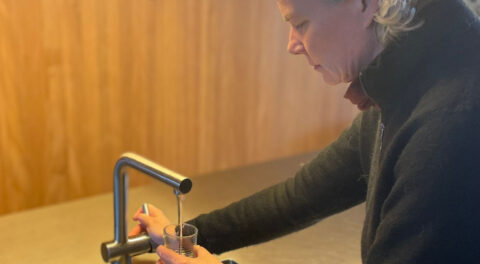The Netherlands recently missed the boat on European subsidies for hydrogen projects. High electricity prices have made Dutch hydrogen twice as expensive as elsewhere in Europe, increasing the risk of producers and customers leaving for other countries. "Still, the hydrogen transition in Europe is not yet a done deal," argues Tjeerd Jongsma va ISPT. "We are only on the eve of this whole process that will take years."
"We should not be discouraged at this stage by focusing on possible disadvantages. Instead, our attention and commitment should go to the competitive advantage," Jongsma believes.
For a robust, competitive business case for a green hydrogen plant, the expert says three things are decisive: the capital costs for the required investments, the operational costs such as electricity costs for electrolysis, and the marketing opportunities for green hydrogen with the local energy-intensive process industry.
"Of course there are places in the world like Spain, Morocco and Saudi Arabia where abundant solar energy can be used to make green hydrogen relatively cheaply. But don't underestimate our offshore wind farms. No sun shines at night, but then the wind does blow and so power generation continues. In the Middle East, you're averaging 2,000 effective hours for solar power generation per year. One MW wind turbine from an offshore wind farm off the coast of Zeeland averages 3,500 effective hours of power generation per year. We can produce almost twice as much green hydrogen with wind than with solar in Morocco."
Plenty of opportunities
And then we have the sales opportunities for green hydrogen. According to Jongsma, the Netherlands has plenty of opportunities thanks to our geographical position on the North Sea, our seaports, major navigable European rivers and logistical connections with the European hinterland. "We can supply a gutter part of the European hinterland with green hydrogen and thus be the absolute leader in driving the circular economy."
According to Jongsma, "It now comes down to vision, leadership, fruitful, multidisciplinary cooperation and long-term agreements that provide certainty for producers, customers and financiers who must work together to realize the hydrogen transition. Decades ago, we showed the world with the Delta Works that we can do such a major, very challenging and costly job in this country. Building a climate-friendly hydrogen economy should do the same in the coming years."












